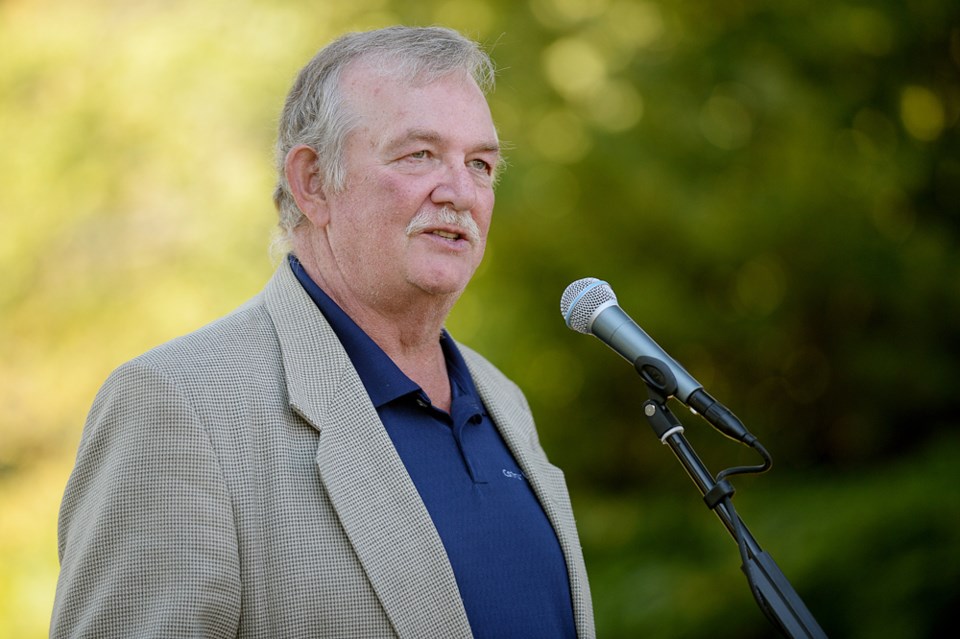The mayor of Burnaby is confident a court ruling will eventually put an end to the planned expansion of the Trans Mountain pipeline, despite another judicial defeat to a legal challenge of the project.
On Thursday, the Supreme Court of Canada dismissed a City of Burnaby appeal of a Federal Court of Appeal ruling. The city had unsuccessfully challenged the National Energy Board’s jurisdiction in Burnaby.
The decision marks the 17th-consecutive court ruling in favour of Trans Mountain, according to the Canadian Press.
“I wasn’t surprised by the news,” Derek Corrigan said. “I don’t think we had high expectations of being successful on that application to the Supreme Court of Canada.”
Corrigan said the city was compelled to go to the highest court in the country despite its low odds.
“In each of these instances, we want to exhaust our remedies. We don’t want to leave anything untried.”
The City of Burnaby is party to four other challenges still before the courts. Corrigan said he is more confident that one of those cases will be successful in halting the proposed twinning of the pipeline carrying diluted bitumen from the Edmonton area to Burnaby.
A reference case before the B.C. Court of Appeal is expected to be heard next year, after evidence is filed in September.
Corrigan said the case “has a good chance of success because I think that the status of the provincial government to be able to protect their environmental laws is very strong.”
Another case headed to the Federal Court of Appeal rests on whether there was a failure to properly consult First Nations. Corrigan said he believes that case also has a strong chance of success.
Corrigan said he didn’t know how much money Burnaby has spent on its legal challenges. When asked to give a rough estimate, he repeated that he did not know.
Corrigan likened the city’s situation to that of an individual wrongly accused of a crime, saying it would be just as inappropriate to tell the city not to stand up for itself as it would be to tell such an individual to plead guilty rather than seek expensive legal representation.
“We didn’t ask for it. We didn’t offer our city up for this,” he said. “This was imposed upon us and sometimes it’s expensive to defend yourself.”
He said the city is paying its legal fees using casino funds.
“This hasn’t been a burden on the taxpayer,” he said.
In addition to fighting against the pipeline, Corrigan said the city’s legal fights are standing up for the rights of cities across Canada.
“I wouldn’t want to have a system where cities simply capitulated against the interests of their citizens,” he said.



